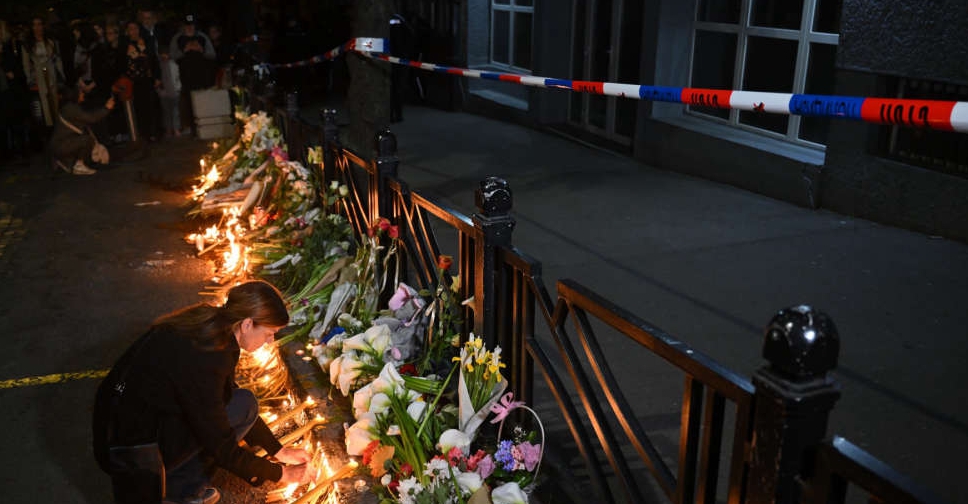
A 13-year-old boy, who gunned down eight students and a security guard in a Belgrade school on Wednesday, had planned his attack, investigators revealed.
Veselin Milic, head of Belgrade police, said the attacker had two guns, that belonged to his father, and two petrol bombs, and had planned everything carefully.
"He even had ... names of children he wanted to kill and their classes," he told a press conference.
A teacher and six pupils were hospitalised, some with life-threatening injuries.
As Serbia prepared for three days of national mourning, President Aleksandar Vucic announced tougher curbs on gun ownership.
He announced a moratorium on new gun licenses other than for hunting, revision of existing permits and surveillance of shooting ranges and how civilians store their weapons.
The shooter, who gave himself up to police and at 13 is below Serbia's age of criminal responsibility, will be placed in a psychiatric institution, Vucic told reporters, adding that both his father and mother had been arrested.
"He was waiting for this day. He was at the shooting range with his father three times," Vucic said. The boy had asked for a transfer to another class where he had three friends, he said.
Interior Minister Bratislav Gasic said the suspect's father, had held the guns legally. Hundreds of thousands of weapons remain unaccounted for in Serbia after the Balkan wars of the 1990s.
Thousands of people gathered in the elementary school's neighbourhood in the evening to lay flowers and light candles.
Gun laws are very strict in Serbia but civilian gun ownership is also widespread.
According to the 2018 Small Arms Survey, Serbia globally ranked third with 39.1 firearms per 100 people, and more than 78,000 people have hunting licences.

 UK inquiry finds 'chilling' cover-up of infected blood scandal
UK inquiry finds 'chilling' cover-up of infected blood scandal
 Iranian President Raisi killed in helicopter accident, state media says
Iranian President Raisi killed in helicopter accident, state media says
 ICC prosecutor seeks arrest warrants for Israeli, Hamas leaders
ICC prosecutor seeks arrest warrants for Israeli, Hamas leaders
 Assange given permission to appeal against US extradition
Assange given permission to appeal against US extradition
 Israel intends to broaden Rafah sweep, Defence Minister tells US
Israel intends to broaden Rafah sweep, Defence Minister tells US




